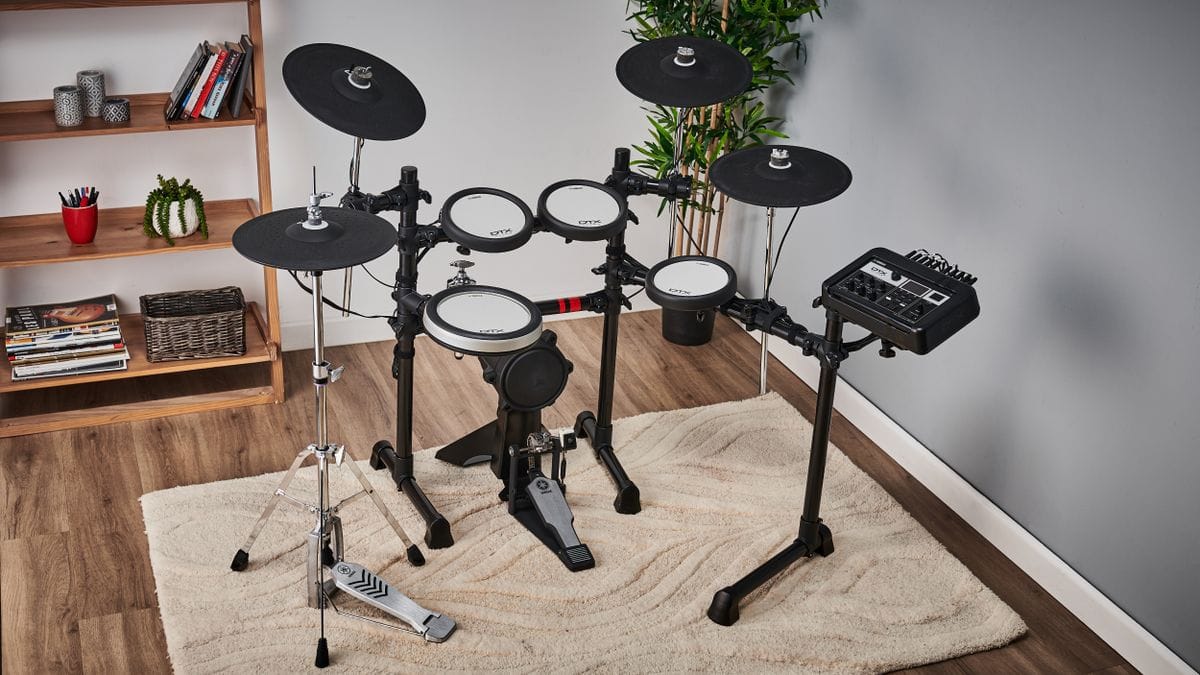Choosing Your First Electric Drum Kit: Tips and Considerations

The booming popularity of electric drum kits among music enthusiasts and professionals alike continues to grow. Whether you’re a lifelong drummer looking to transition to a quieter, more versatile setup or a complete beginner with a passion for percussion, deciding on your first electric drum kit is a significant step in your musical journey.
While the richness of choices regarding brands, features, and price points can be exciting, it’s also a surefire way to get lost in the options. Fear not, because with the right approach, you can strike the perfect chord that suits both your budget and your drumming objectives. Follow these expert tips and considerations to orchestrate your ideal selection.
Understanding Your Needs and Preferences
Before you even glance at a product listing, take a moment to understand what you’re looking for in an electric drum kit. Are you looking for an electric drum kit for beginners just testing the waters, or are you an experienced player seeking portability and new sound possibilities?
Level of Expertise
Your experience level is the first note to consider. If you’re a novice, investing in a high-end, feature-packed model might be overwhelming and unnecessary. Conversely, a professional looking for studio-quality sound and extensive functionality won’t be satisfied with a basic entry-level kit.
Space and Noise
One of the primary reasons for choosing electric over acoustic drums is noise reduction. If you live in an apartment or share a house, sound control is crucial. Assess the space you have available, considering not only the footprint of the kit but also the layout of the room in which you’ll play.
Preferred Genres
What type of music do you mainly listen to and aspire to play? The electric drum kit for beginners you choose should be well-suited for the music you love and have features that can help you create or mimic the sounds required for that genre.
Features to Look For
Electric drum kits come with an ensemble of features, each serving a specific purpose. Tune into the attributes that resonate with your drumming goals.
Sound Quality
For most drummers, sound quality is the star of the show. Look for high-definition samples, realism, and depth in the sound produced by the kit’s module. Adjustable settings and connectivity to a computer for additional sounds can also be a huge plus.
Pads and Triggers
The pads are where you make your music, so their quality is paramount. Look for a smooth playing surface with a realistic rebound. Trigger technology varies widely, so be sure to test variations to find what feels most natural to you.
Cymbals and Hi-Hats
Cymbals and hi-hats need to replicate the natural movement and feel of their acoustic counterparts. Models with advanced techniques such as ‘choke’ on the cymbals and ‘half-open’ on the hi-hats offer a more realistic experience.
Durability
An electric drum kit for beginners is an investment, and you want it to last. Check for the durability of the frame, the responsiveness of the pads, and the reliability of the triggers.
Expandability
You might not need all the bells and whistles now, but as you grow as a drummer, you’ll likely want to expand your kit’s capabilities. Look for models that offer the option to add more pads and cymbals.
Budget Considerations
Your budget will inevitably be a key player in the purchasing symphony. While it’s tempting to go for the flashiest model, it’s more important to find the best option within your financial reach.
Entry-Level Kits
For beginners, entry-level kits offer a great starting point. They provide the key features necessary for learning and practice without overwhelming you with complex options you might not use.
Mid-Range Kits
Mid-range kits usually offer better sound quality, more realistic pad response, and additional features like a more extensive range of included sounds, coaching functions, and potentially sturdier construction.
Premium Kits
Professional or advanced drummers may want to invest in a premium electric drum kit. These kits come with the best sound technology, the most realistic feel, and the highest build quality. They offer the most flexibility in terms of sound and performance but come at a higher cost.
Evaluating the Brand and Model
Several brands have hit all the right beats with their options when it comes to choosing an electric drum kit for beginners, each one with an emphasis on quality, innovation, or affordability. Research the following to avoid any sour notes:
Reputation
A brand with a strong reputation for quality in the musical instrument industry is likely to produce a reliable electric drum kit. Check reviews from other drummers to see if the kit lives up to the brand’s image.
Support and Warranty
Look for a model with solid support and a good warranty. Electric drum kits are electronic devices, and like all electronics, they can develop issues. A reliable support system can be crucial for maintaining your kit.
Resale Value
You might not be thinking of selling your drum kit before you’ve even purchased it, but resale value can be an indication of the kit’s quality and popularity. It can also give you an idea of what to expect if you decide to upgrade down the line.





